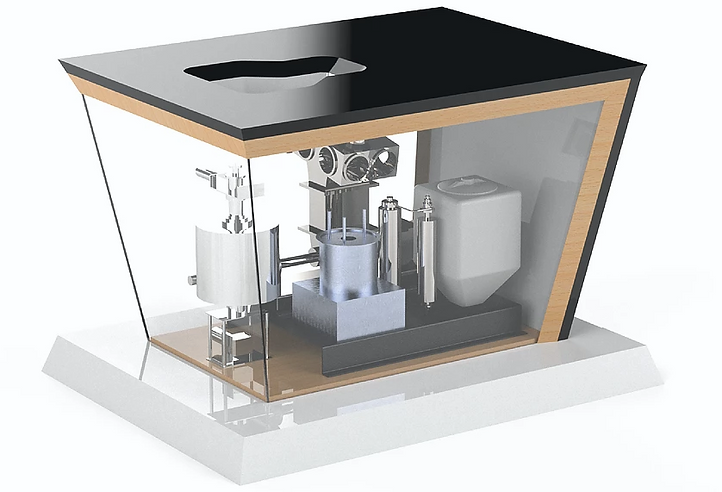
Toilet 2.0
In 2011, The Bill and Melinda Gates Foundation's Water, Sanitation and Hygiene Program launched the Reinvent the Toilet Challenge. This initiative stemmed from the realization that traditional toilets which rely on running water, an extensive sewer network, and the expensive processing system, do not meet the needs of approximately 2.5 billion people around the world. The challenge is now in its third phase and consists of 16 different research teams around the world.
The aim of all these initiatives is to create a toilet that:
-Removes pathogens and recovers valuable resources
(e.g energy, water, agricultural nutrients)
-Operates w/o connections to water, sewer, or grid
-Costs less than US $0.05 cents per user per day
-Can be sustainably deployed in poor urban settings

Bill Gates
Founder
Bill and Melinda Gates Foundation

University of Toronto's Center for Global Engineering designed a sanitation appliance to rapidly disinfect human waste on site, hence reducing adverse health and environmental risks. Their approach was to design a system that does not rely on centralized water and sanitation infrastructure yet has the ability to reclaim value from human waste.
Most of the improved sanitation systems (such as sewage systems or ventilated pit latrines) require centralized processing that exposes populations to leaks, spills, illegal dumping and numerous health risks. Their project, which has been titled : titled "Toilet 2.0" focuses on using a proprietary technology that incinerates waste through an energy efficient process that allows for easy clean disposal in outdoor or indoor settings
Dr. Yu-Ling Cheng
Professor, Director
Centre for Global Engineering ( U of T)

The Technology & Display Case
The primary goal of this project was to design and fabricate a Showcase, to serve as an attractive showpiece, for the purposes of displaying the University of Toronto’s toilet technology at the Reinvent the Toilet (RT) Expo in Beijing, China, with the goal of attracting strategic partners.
Dr. Yu-Ling Cheng and Elayne Chow of the University of Toronto provided details about their Toilet 2.0 technology including how it worked, physical constraints, component sizes, overall volume and the need to display “squatting” style toilet in the display. Details about the expo’s display area were also shared, which helped guide the size, look and feel of the technology display.
- Email: ErikSabin@gmail.com - Tel: 937-366-9017
Project
Objective
Inspiration
Ideation
Concept Renderings
Final Renderings
Reinvent the Toilet Expo
Beijing, China
Featured on NETFLIX
REINVENT
THE
TOILET
CHALLENGE

Reinvent The Toilet Challenge

Design criteria:
1. Design shall provide physical and/or visible access to internal components.
2. Design will accommodate all internal components and be functionally honest.
3. Design shall focus on “squatter” style usage with secondary focus on “seated” style usage.
